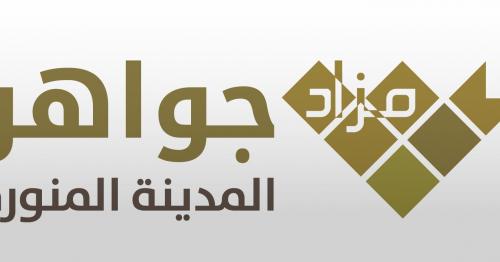Harassers face ‘naming and shaming’ after Saudi Shoura Council ruling

JEDDAH: Violations of Saudi Arabia’s anti-sexual harassment laws could be punished by “naming and shaming” following a decision by the Kingdom’s Shoura Council to approve a defamation penalty.
The council voted in favor of the penalty during its session on Wednesday after previously rejecting the move in March this year.
Council member Latifah Al-Shaalan said the proposal to include the penalty was sent by the Saudi Cabinet.
Saudi lawyer Njood Al-Qassim said she agrees with the move, adding that it will help eliminate harassment in workplaces and public places as well as in schools.
“The penalty will be imposed according to a court ruling under the supervision of judges, and according to the gravity of the crime and its impact on society,” Al-Qassim told Arab News.
“This will be a deterrent against every harasser and molester,” she said.
Al-Qassim said that legal experts are required to explain the system and its penalties to the public.
“The Public Prosecution has clarified those that may be subject to punishment for harassment crimes, including the perpetrator, instigator and accessory to the crime, the one who agreed with the harasser, malicious report provider, and the person who filed a malicious prosecution lawsuit,” she added.
“The Public Prosecution also confirmed that attempted harassment requires half the penalty prescribed for the crime,” said Al-Qassim.
In May 2018, the Shoura Council and Cabinet approved a measure criminalizing sexual harassment under which offenders will be fined up to SR100,000 ($26,660) and jailed for a maximum of two years, depending on the severity of the crime.
In the most severe cases, where the victims are children or disabled, for example, violators will face prison terms of up to five years and/or a maximum penalty of SR300,000.
Incidents that have been reported more than once will be subject to the maximum punishment.
The law seeks to combat harassment crimes, particularly those targeting children under 18 and people with special needs.
Witnesses are also encouraged to report violations and their identities will remain confidential.
The law defines sexual harassment as words or actions that hint at sexuality toward one person from another, or that harms the body, honor or modesty of a person in any way. It takes into account harassment in public areas, workplaces, schools, care centers, orphanages, homes and on social media.
“The legislation aims at combating the crime of harassment, preventing it, applying punishment against perpetrators and protecting the victims in order to safeguard the individual’s privacy, dignity and personal freedom which are guaranteed by Islamic law and regulations,” a statement from the Shoura Council said.
Council member Eqbal Darandari, who supports the law, said on Twitter that the defamation penalty has proven its effectiveness in crimes in which a criminal exploits a person’s trust.
“The defamation of one person is a sufficient deterrent to the rest,” she said.
Social media activist Hanan Abdullah told Arab News the decision “is a great deterrent for every harasser since some fear for their personal and family’s reputation, and won’t be deterred except through fear of defamation.”
The move will protect women from “uneducated people who believe that whoever leaves her house deserves to be attacked and harassed,” she said.
“Anyone who is unhappy with this decision should look at their behavior.”






Comments